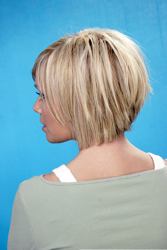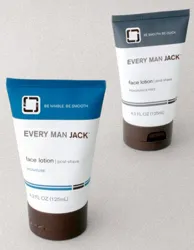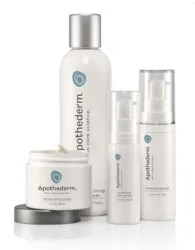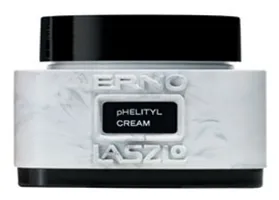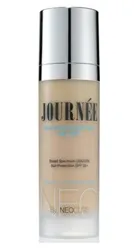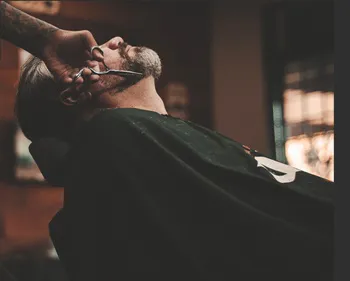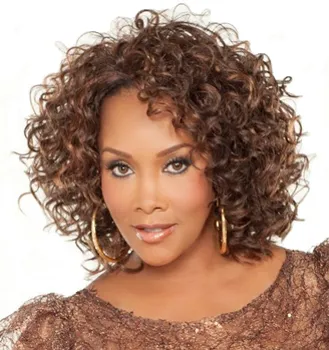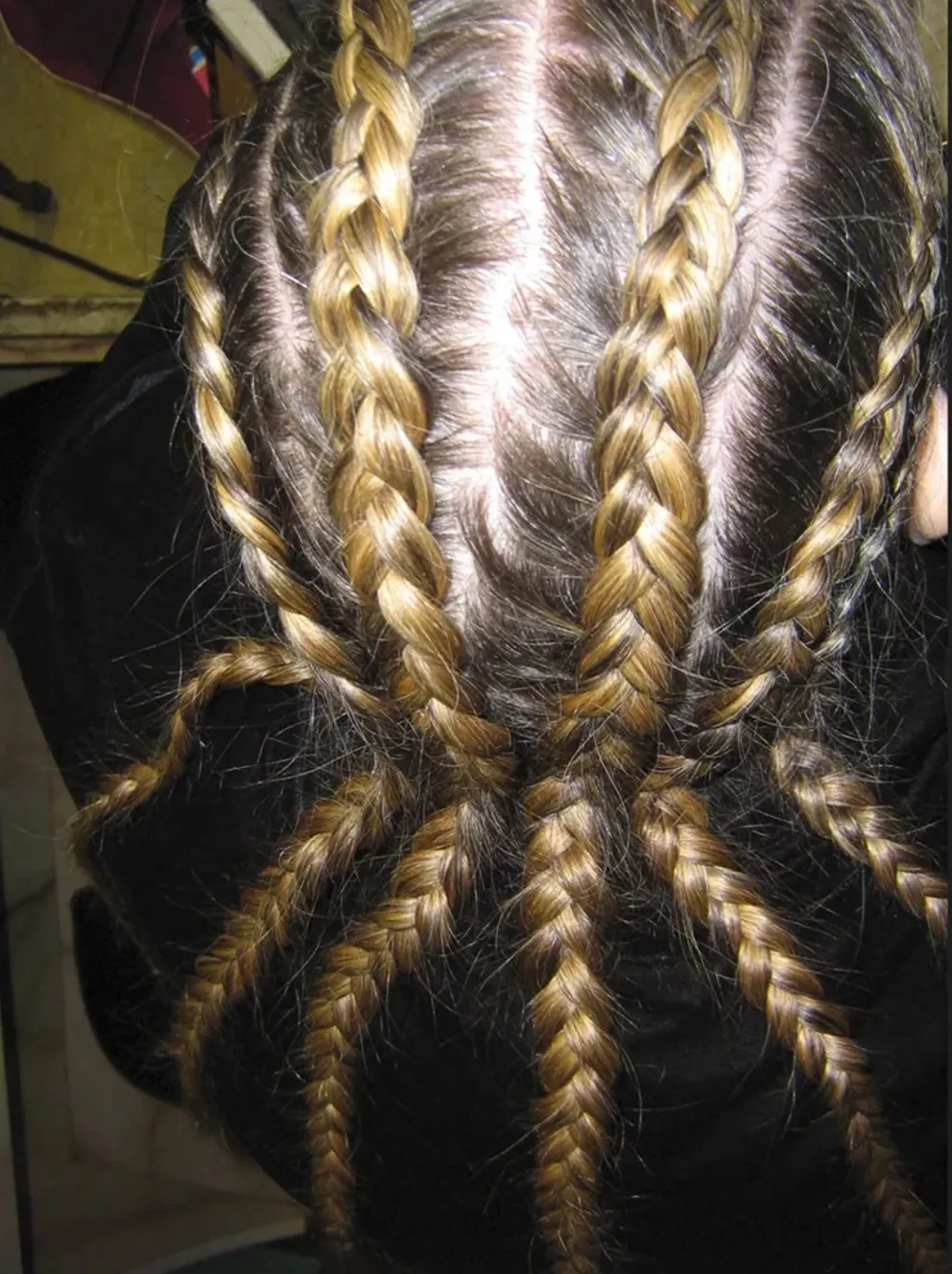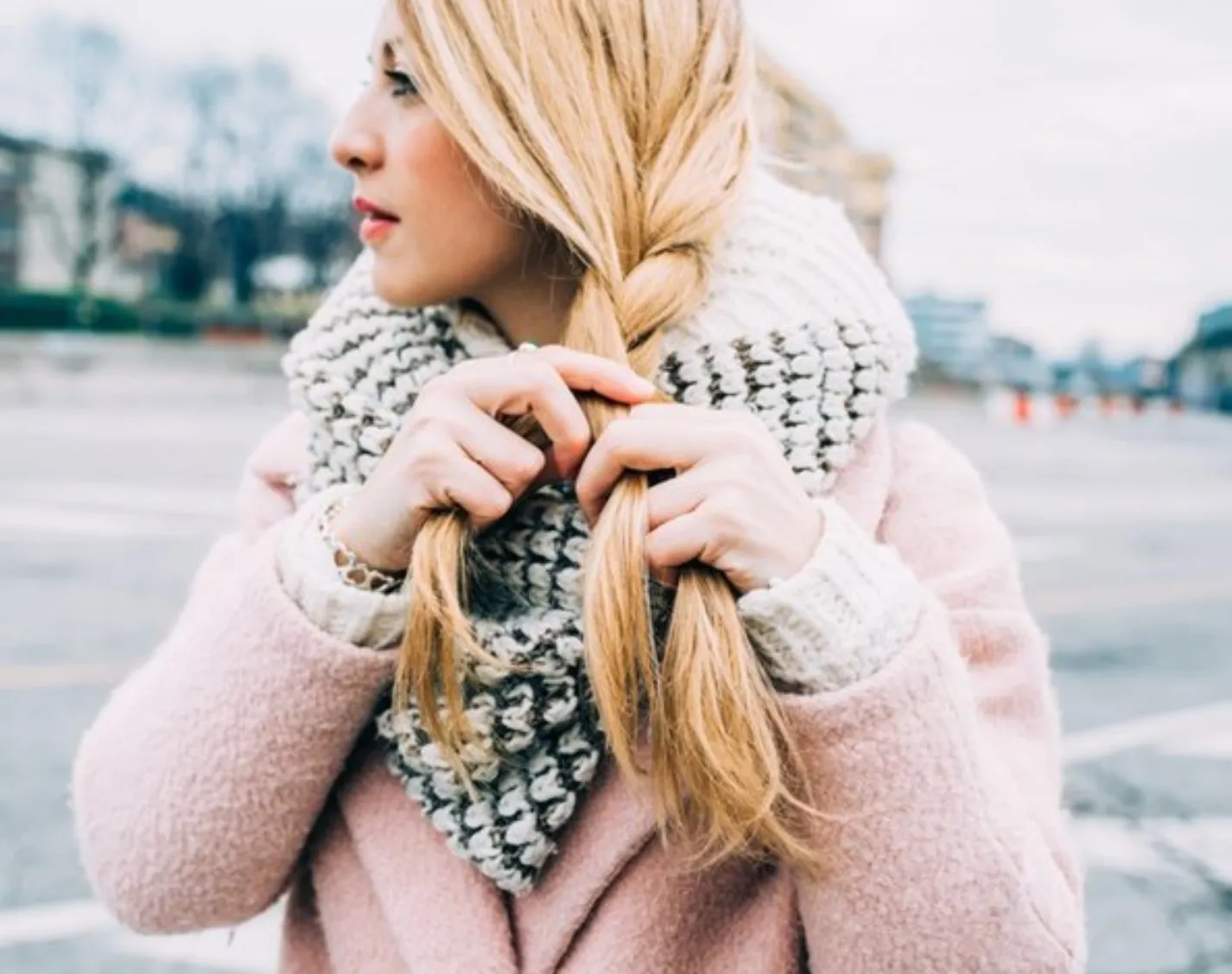
Can Your Hair Care Products Make Your Skin Break Out?
Introduction
Have you ever eagerly tried an unfamiliar hair care product only to discover your new regime coincidentally appeared to trigger an annoying case of skin blemishes? Or maybe you experienced a dry itchy forehead, runny eyes or a strange rash behind your ears, on the sides and back of your neck or even on your chest, back, hands or fingers. No, you probably weren't imaging any of these reactions and yes, it could very well have been directly linked to the fabulous new shampoo, conditioner or styling gel you tried. What you may have experienced was an allergic reaction to the newly introduced product making contact with your scalp, skin and ultimately your overall immune system. Even though the newly introduced product was poured onto your head and directed towards your scalp and hair, if you wash your hair in the shower chances are that the product made direct contact with several other body parts. Which explains those sudden breakouts seemingly unrelated at first to those recently tried hair care products. If you wash your hair in the sink but still discover a sudden outbreak of pimples along the side of your face it could be related to the fact that your hair which is coated with the product makes contact with your forehead of the sides of your face and ears all day long. Statistical Inevitability Of Allergic ReactionsAre allergic reactions to hair care products a common occurrence? Actually it is more common than most people believe and is considered to be a statistical inevitability. According to dermatologist Dr. Kenneth Zizmore, author of Brand Name Guide to Beauty Aids, "even though almost all hair and beauty products on the market today are designed to be hypoallergenic, there is still a risk of someone having a reaction." The bottom line? A large percentage of hair consumers do experience adverse reactions at some point in their lifetime from their hair care products. Are they life threatening? In the majority of cases the answer is no. But yes they can wreck all sorts of havoc. Hair Manufacturer Testing
All hair and beauty manufacturers understand the allergic reaction issues and thus undertake exhaustive product testing before ever releasing new formulations on the market. In fact, the manufacturers understand the hidden dangers of adverse reactions consumers may ultimately experience through their long term history working with many of the formulations. Does that mean you should stop your lifelong search for the ultimate deep conditioner or smoothing gel? Of course not. Humans also regularly experience a wide range of reactions, some life threatening, from food, drink, water supplies, prescription and over-the-counter drugs, vitamins and even from their household pets. The key to dealing effectively with any hair product reactions is knowing the potential risks, being able to quickly identify a reaction and responding appropriately in all situations. Potential Causes Of Allergic Reactions To Hair Care Products
Regardless of the exhaustive product testing manufacturers undergo before releasing hair and beauty products, there are still hidden dangers. The biggest risk to consumers by far is a range of allergic reactions. These have been statistically proven. The CausesWith such a vast array of hair care products on the market it's difficult to generalize on the subject of allergic or sensitivity reactions. However, the most common causes of any type of reaction can be outlined. These include: 1. Preservatives One of the most common causes of negative reactions in humans are the preservatives used to protect against product contamination and bacterial growth. Ultimately all hair and beauty products utilize some form of antioxidants designed to prevent the normal oxygen exchange processes of bacteria (BHT and BHA) from forming. Whether a hair care product is touted as organic or not, almost every single hair product on the market today, even those that are advertised as all natural or organic, must be preserved. Ironically, the absolute necessity that all hair care products have some form of preservative negates many of those advertised product claims of all natural, organic and true purity. While it's true that some organic products may use the most natural form of preservatives such as a citric acid or a derivative other products may utilize an exotic array of chemical preservatives. The most popular chemical based preservatives used in hair care products are methylparaben, prophylparaben, phenozyethanol and quaternium 15. 2. Coloring Agents:
A wide range of artificial coloring agents are used by hair product manufacturers to enhance the final appearance of the formulation. The various coloring agents utilized are too numerous to list but include caramel which is produced by heating sugar or glucose and adding small amounts of alkali or a trace mineral acid during heating. Other coloring agents include a wide range of dyes. Some people may react to the sugar or glucose utilized in some agents while others may have a reaction to the various dyes. 3. Fragrances And Related Chemical Additives: Most hair care products have some form of added fragrances. Unless a product is specifically marketed without fragrance the aromas can range from subtle to very intense. Aromas can sometimes trigger headaches or in rare cases, various forms of respiratory reactions. Still other chemicals are often added to control a product's pH - it'll irritate the skin if it's too alkaline (High PH) or too acid (Low pH) or to aid in its processing (such as the emulsifiers )that effectively combine oily and watery ingredients into a pleasant texture. There are also substances such as glycerin that stabilizes moisture content without which the product would dry up in the jar. 4. Ingredients Known To Cause Allergic Reactions Some of the most irritating or photosensitizing ingredients in hair care products that are known to cause allergic reactions include, but are not limited to the following: almond extract, allspice, angelica, arnica, balm mint oil, balsam, basil, bergamot, chamomile, cinnamon, citrus, clove, clover blossom, cocoa butter, corn oil, cornstarch, coriander oil, cottonseed oil, fennel, fir needle, geranium oil, grapefruit, horsetail, jojoba oil, lavender oil, lemon oil, lemon, lemongrass, lime, marjoram, melissa, oak bark, papaya, peppermint, rose, sage, tea tree oil, thyme and wintergreen. Not all people will react to any or all of the ingredients listed but for some people that are more sensitive, an allergic reaction is a definitely posibility. 5. Allergies From Long Term Product Use
Another issue is sensitization through prolonged or short-term use of a product. There is also the problem of cross reactivity which is the case of an allergic reaction stemming not just from one product but from a combination of multiple products used at the same time. For example, it is possible for your shampoo to react to your favorite perfume or facial cosmetics which may then all react to each other. Another problem can be prolonged sensitization. This is a common cause of documented allergic reactions consumers experience with hair coloring products that may have previously been used for months, or even years with no problems. Out of the blue, a long time user might experience a types of reactions. This is because in essence the body becomes extremely sensitized to one or more ingredients in a product, such as the hair color and thus has an allergic reaction which can range from headaches and rashes to swelling and respiratory distress. If the offending product is used continuously even with allergic symptoms, the sensitivities can become progressively worse and the ultimate reaction can be very serious, if not life threatening. Knowing Potential RisksIt is not always an easy matter to determine in advance what will cause an allergic reaction. However, some people tend to be more sensitive than others. If you are naturally hypersensitive to certain foods, aromas, chemicals or ingredients there are some precautions you can practice when trying new hair products. A. Do your research. Read the labels or research the ingredients to determine if there are ingredients that you are naturally allergic to. B. When in doubt ask. Some products are known to cause allergic reactions in a small percentage of users. Inquire from the manufacturer in advance via an email or phone call to their customer care department. C. Google the hair care product in advance of purchase to determine if other users have posted warning information about potential allergic reactions. D. Always do a patch test of a new product. If a patch test is not practical, pay close attention to how your hair, scalp, skin and eyes react to any newly introduced formulas. E. Keep a notebook with a list of products that have caused problems and analyze the ingredients to find a common thread. Responding To Allergic ReactionsAllergic reactions can range from a slight itchiness to a full blown case of oozing hives. Not all people respond to irritations in the same exact manner. If you suffer from respiratory challenges such as asthma or related lung disorders, you may respond to an allergic reaction in a more serious manner than someone who never experiences respiratory distress. Although it is extremely rare for anyone to have a severe reaction to non-chemical based hair care products, if you experience any unusual physical symptoms, call your family physician immediately. It should be noted that in the case of some chemically based hair products such as perms, relaxers and hair colors the reactions people experience may be more severe and in very extreme cases could be life threatening. Therefore, it is important to be on the lookout for reactions and respond immediately when they appear. SummaryWhether you're seduced by the latest and greatest wave defining mousse or curious to try that shampoo spiked with real chocolate aromas, it is important to remember that some products may cause your body to produce a reaction. Does that mean you should refrain from walking on the wild side and trying out new formulas? Of course not. Know your risks and be prepared to deal with any reactions. In the meantime, lather, spray and rinse away. | |||||||||||||||
| If you want to talk more about this or other hair care articles on HairBoutique.com or anywhere else, please post a message on HairBoutique.com's Hair Talk Forums.
|
Social Media Network Information
Please follow us on Twitter at: https://Twitter.com/HairBoutique. I look forward to meeting new people from all walks of Twitter and learning from their Tweets.






